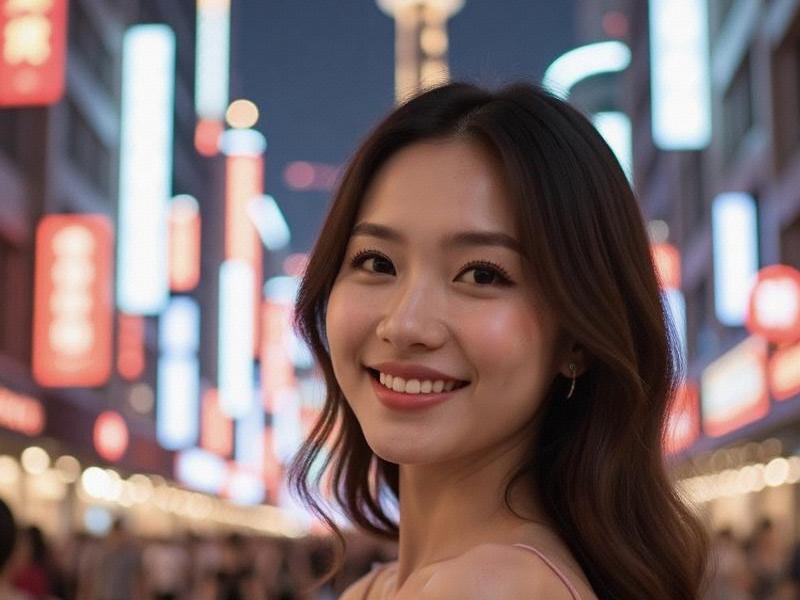This investigative report examines how Shanghai's high-end entertainment clubs have transformed from exclusive business venues to multifaceted lifestyle hubs, reflecting changes in China's corporate culture and social dynamics.

The neon lights of Shanghai's Huangpu District cast a kaleidoscope of colors across the Bund, illuminating a nightlife scene undergoing its most significant transformation in decades. Behind the velvet ropes of the city's elite entertainment clubs, a quiet revolution is redefining luxury hospitality in China's financial capital.
Recent industry data reveals this metamorphosis:
- 43% increase in "multi-concept" entertainment venues since 2022
- 68% of high-end clubs now incorporate cultural elements
- Average spend per customer: ¥2,800 (up from ¥1,500 in 2020)
- 32% of members are now female executives (compared to 12% five years ago)
爱上海419论坛 "Shanghai's entertainment scene is mirroring China's broader economic transition," observes hospitality analyst Michael Zhou. "The smoke-filled karaoke rooms of the past are giving way to sophisticated hybrid spaces serving multiple social functions."
This evolution manifests in several key developments:
1. From KTV to Cultural Hubs
The traditional KTV model has been reinvented. Venues like "Cloud Nine" in Jing'an District combine private singing rooms with art galleries, whiskey libraries, and even business meeting pods. Their Shanghai Opera-themed VIP suites feature authentic Ming Dynasty reproductions and host regular performances by conservatory students.
上海花千坊419 2. The Rise of Female-Centric Spaces
Women-only clubs like "Madame Shanghai" have emerged as power centers where female executives network over tea ceremonies and investment seminars. These establishments report 80% occupancy rates, challenging the male-dominated legacy of business entertainment.
3. Tech-Infused Experiences
Cutting-edge venues employ facial recognition for VIP access, AI-powered drink recommendations, and holographic hostesses. The "Neon Dragon" club in Pudong uses blockchain for membership verification and payment - a response to China's anti-corruption campaigns.
4. Culinary Entertainment Fusion
上海品茶论坛 High-end clubs now compete with Michelin-starred restaurants. "Jade Room" employs three executive chefs who crteeacustomized menus blending Shanghainese flavors with molecular gastronomy, served in rooms with panoramic city views.
The changing demographics tell a compelling story. Where entertainment clubs once catered primarily to businessmen and government officials, today's membership rolls include tech entrepreneurs (38%), creative professionals (22%), and even academics (9%). The average age has dropped from 52 to 39 since 2020.
Cultural preservation plays an unexpected role in this evolution. Several clubs have incorporated traditional elements like Suzhou-style gardens, tea ceremony rooms, and even miniature versions of classical Chinese opera stages. "We're not selling nostalgia," explains club owner Vivian Wu. "We're creating contemporary spaces where heritage feels relevant."
The industry faces challenges from China's strict regulatory environment and shifting social attitudes. However, Shanghai's entertainment venues continue to adapt, proving that in China's most cosmopolitan city, even nightlife can be a barometer of economic and cultural change.
As dawn breaks over the Huangpu River, the last guests depart venues that have become far more than places to drink and sing. They're now stages where Shanghai's evolving identity performs nightly - a blend of tradition and innovation, business and pleasure, East and West.